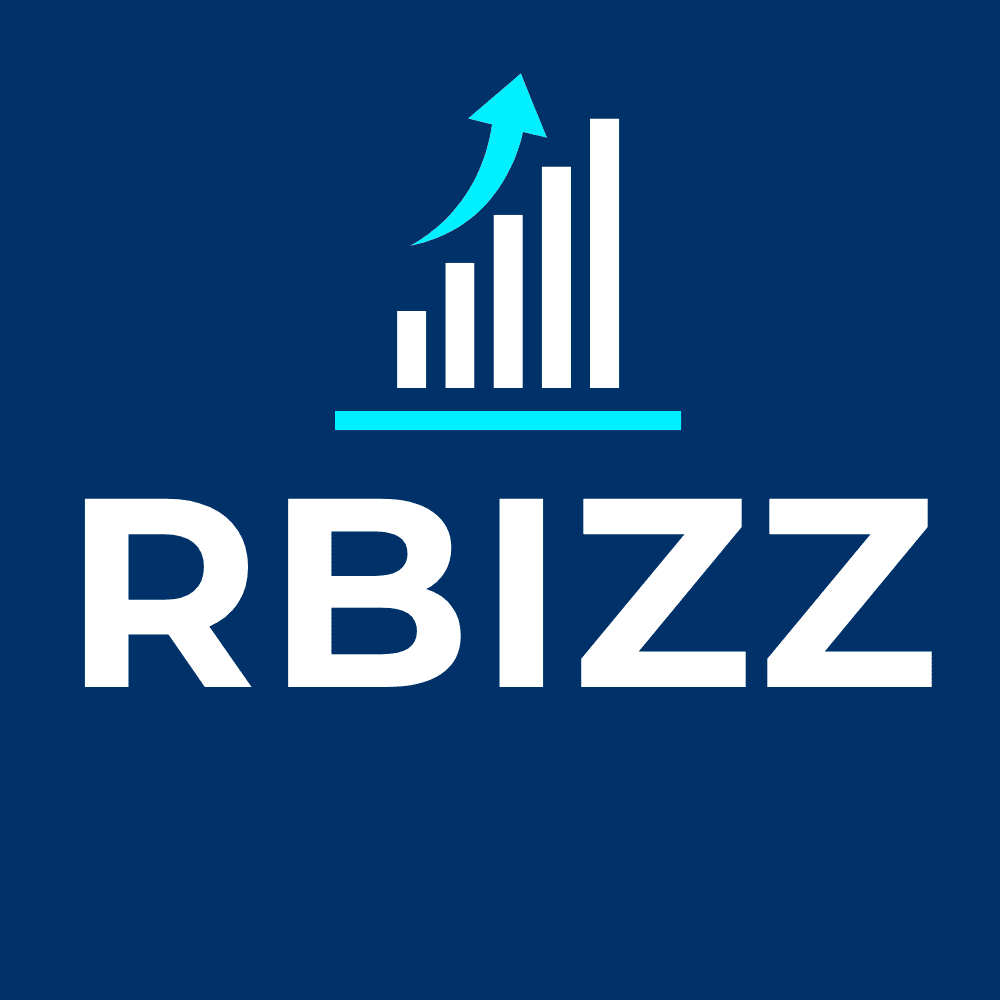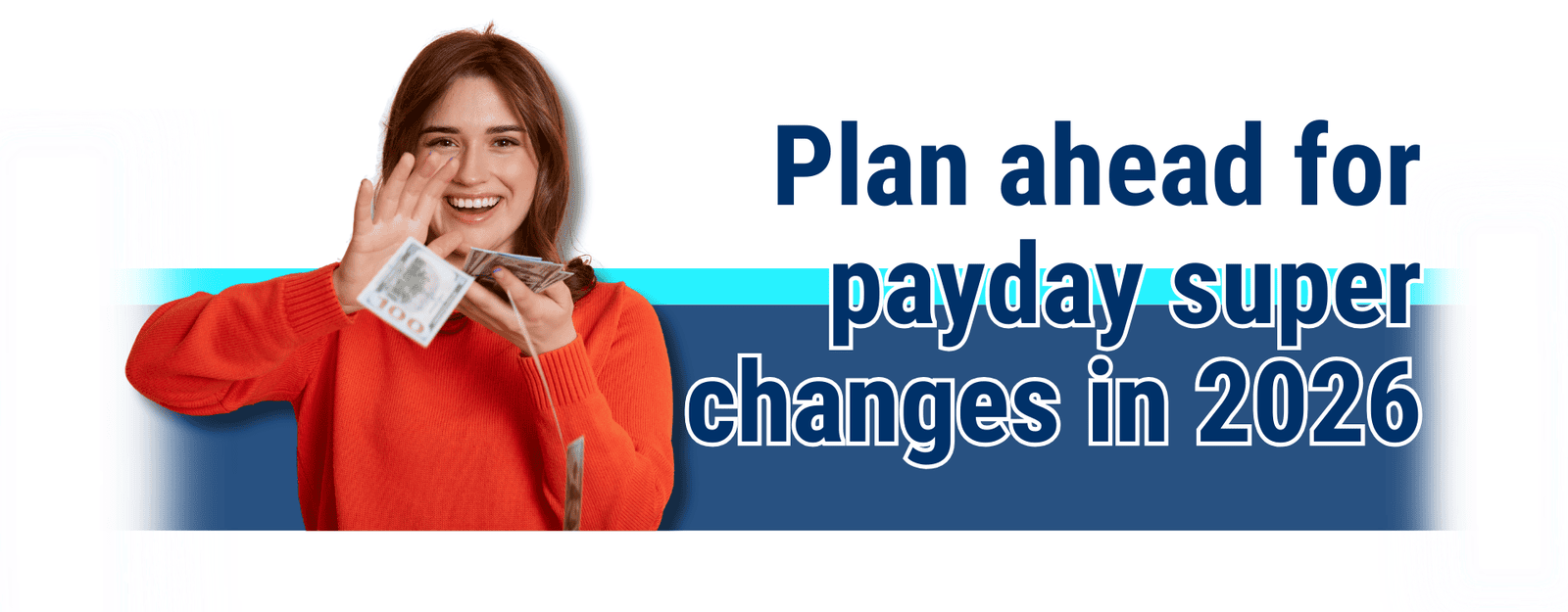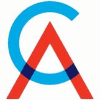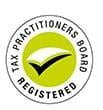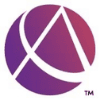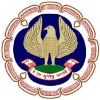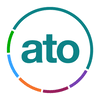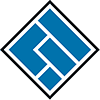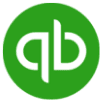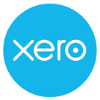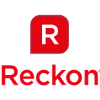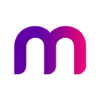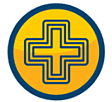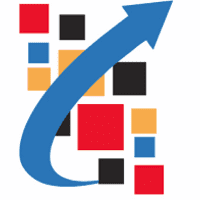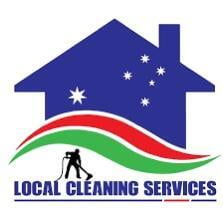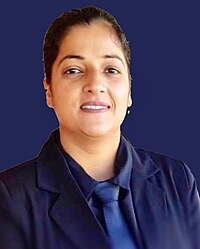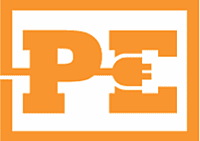Payday Super update: draft legislation and closure of SBSCH
Changes to be introduced by Payday Super
Employers will be required to make SG contributions to an employee’s nominated superannuation fund within 7 calendar days of the employee’s regular wages being paid.
SG contributions and SG shortfalls will be calculated using a new base called qualifying earnings (QE). This will align with Ordinary Time Earnings (OTE) and will also include salary sacrifice amounts.
The maximum contributions base will shift from a quarterly basis to an annual basis. SG contributions will continue to accrue with each payday until the annual maximum contributions base threshold is reached.
Employers will no longer need to lodge SG statements. The ATO will issue SG shortfall assessments automatically using the data from Single Touch Payroll and super fund reporting.
Under the new regime, late contributions and SG charge will be tax deductible. However, GIC and late payment penalty will remain non-deductible.
Impact for your business
As Payday Super will not commence until 1 July 2026, your payroll service providers will have enough time to change their products and systems.
More frequent super payments will make your payroll management smoother with fewer liabilities building up on your books.
You will also have a considerably large window to adjust your cash flow practices and plan ahead for any changes that may be necessary.
Small Business Superannuation Clearing House (SBSCH) closing.
As part of the proposed Payday Super reform, the ATO has announced that the SBSCH will permanently close on 1 July 2026. New registrations will also cease from 1 October 2025. These changes are designed to reduce the unpaid super risk, however, by doing so updates to payroll processes and super payments are required.
If you have been using the free ATO SBSCH, it is time to take steps to transition to alternative options. Some alternatives could include:
clearing service offered by your default fund
commercial clearing houses
reviewing your existing software to see if they include super functions, or
seeking an alternative payroll software or provider.
Contact us
With this measure due to commence next year, you should reflect on your current cash flow practices and plan ahead for the increased frequency of super payments for a smooth transition.
We can help you with this business planning and help determine the best course of action based on your business needs, including any potential issues you have with pricing.
Please feel free to contact our office to discuss this further.
